Israeli archaeologists have uncovered a 1,700-year-old Roman-era sarcophagus just outside the ancient city walls of Caesarea — a find that may reshape our understanding of the city’s historical footprint.
The marble coffin, believed to date back to the 3rd or 4th century CE, is engraved with a rare mythological scene: a drinking contest between the Greek gods Dionysus and Hercules. Experts say this specific imagery has never before been discovered on a burial artifact in the region, making it a one-of-a-kind historical and artistic treasure.
Led by the Israel Antiquities Authority and the Caesarea Development Corporation, the excavation team described the moment of discovery as “cinematic” and emotionally stirring. The unexpected location of the sarcophagus suggests Caesarea’s urban sprawl in Roman times was far more extensive than previously thought.

The artifact will be officially presented on June 12 at “The Feast”, an archaeology conference held in Tel Aviv, where scholars will explore how Roman art and myth shaped ancient beliefs about death, festivity, and the afterlife.
Amid ongoing global tension and heartbreaking headlines, this discovery offers a moment of wonder — a beautiful reminder of the layers of history that still lie just beneath our feet.

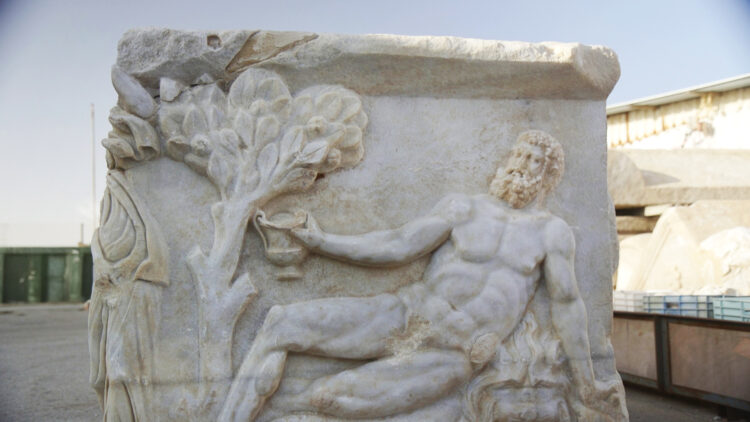
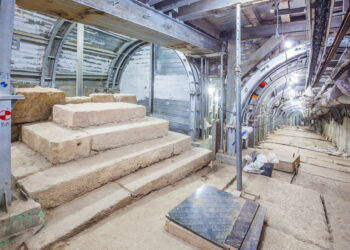

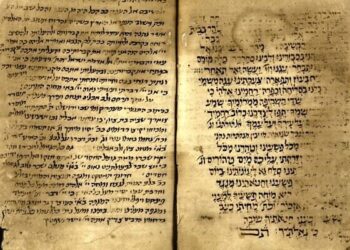
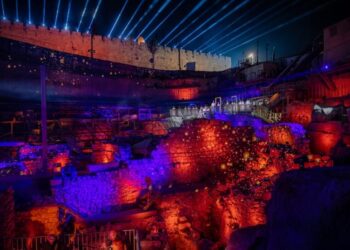
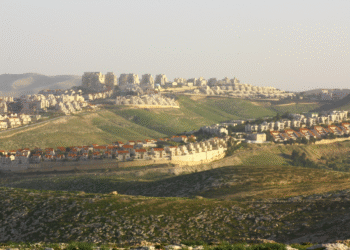
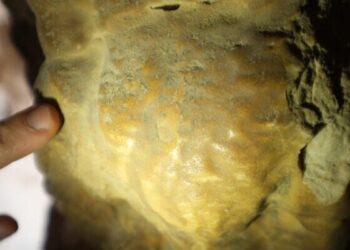

















Discussion about this post